Date: August 25, 2025
Location: Jerusalem / West Bank
The Israeli government has officially approved construction plans in the highly sensitive E1 area of the occupied West Bank, sparking outrage from Palestinians and drawing sharp condemnation from the international community. The project includes nearly 3,500 housing units connecting East Jerusalem to the Ma’ale Adumim settlement, a move critics warn will fragment Palestinian land and cripple prospects for a viable state.
What the E1 Plan Means
The E1 corridor covers about 12 square kilometers between Jerusalem and Ma’ale Adumim. Long regarded as a “red line” by the global community, development in this zone would effectively split the West Bank into northern and southern enclaves, severing Palestinian access between cities such as Ramallah and Bethlehem. It would also isolate East Jerusalem from its surrounding Palestinian communities, undermining hopes of establishing it as the future capital of a Palestinian state.
Political Push from the Far Right
The plan was driven by Finance Minister Bezalel Smotrich, a far-right politician and vocal advocate of settlement expansion. Smotrich openly declared that building in E1 would “bury the idea of a Palestinian state,” underscoring the government’s broader strategy to cement control over disputed areas.
International Condemnation
The decision has triggered a wave of international criticism:
- A group of more than 20 countries, including the United Kingdom, France, Canada, and Australia, jointly denounced the move as a breach of international law.
- Diplomats warned that the project undermines the two-state solution and threatens to escalate tensions in an already volatile region.
- Human rights groups said the plan represents a step toward annexation, stripping Palestinians of the land needed for self-determination.
Legal and Humanitarian Concerns
Under international law, Israeli settlements in occupied territories are considered illegal. Expanding into E1 not only violates these norms but also endangers small Palestinian Bedouin communities living in the area, including the well-known village of Khan al-Ahmar, which has faced repeated demolition threats.
Why This Matters
- Geopolitical Consequences: The project would permanently reshape the map of the West Bank, making a contiguous Palestinian state virtually impossible.
- Strategic Timing: Analysts believe the government moved forward while global attention remains focused on the Gaza war, reducing immediate diplomatic pressure.
- Domestic Politics: By advancing settlement construction, the government consolidates support among right-wing voters and strengthens its grip on disputed land.
Bottom Line
The E1 approval is not just another settlement expansion—it is a turning point that could redefine the Israeli-Palestinian conflict. By cutting the West Bank in half and isolating East Jerusalem, Israel has pushed the two-state solution closer to collapse, raising fears of a future with no clear path to peace.



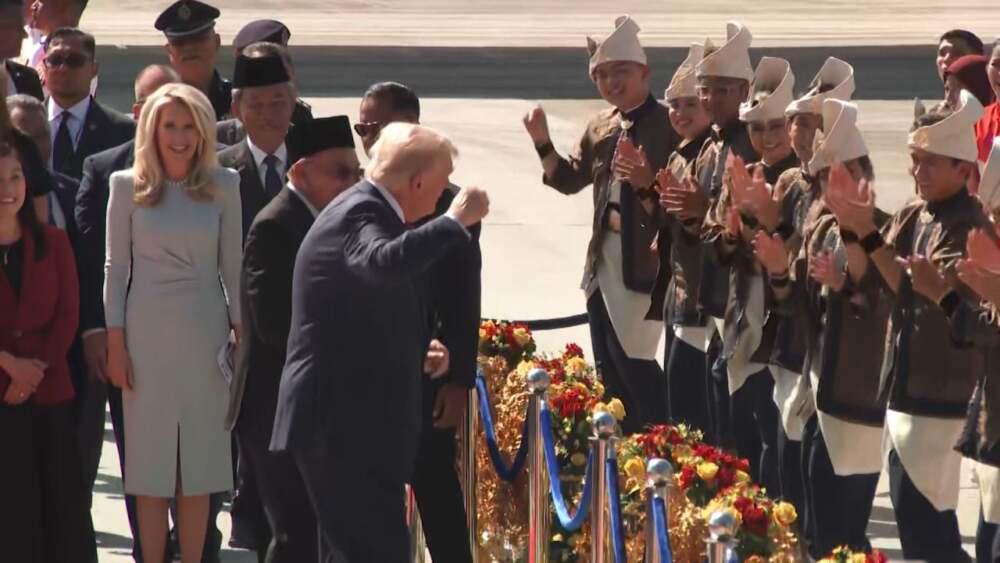
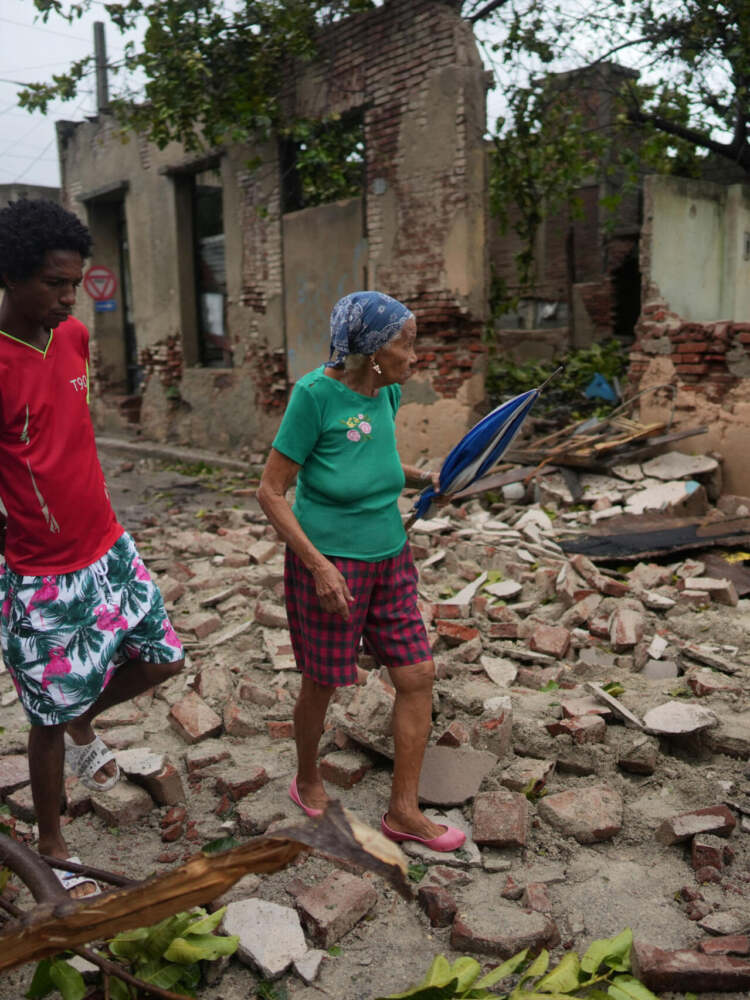


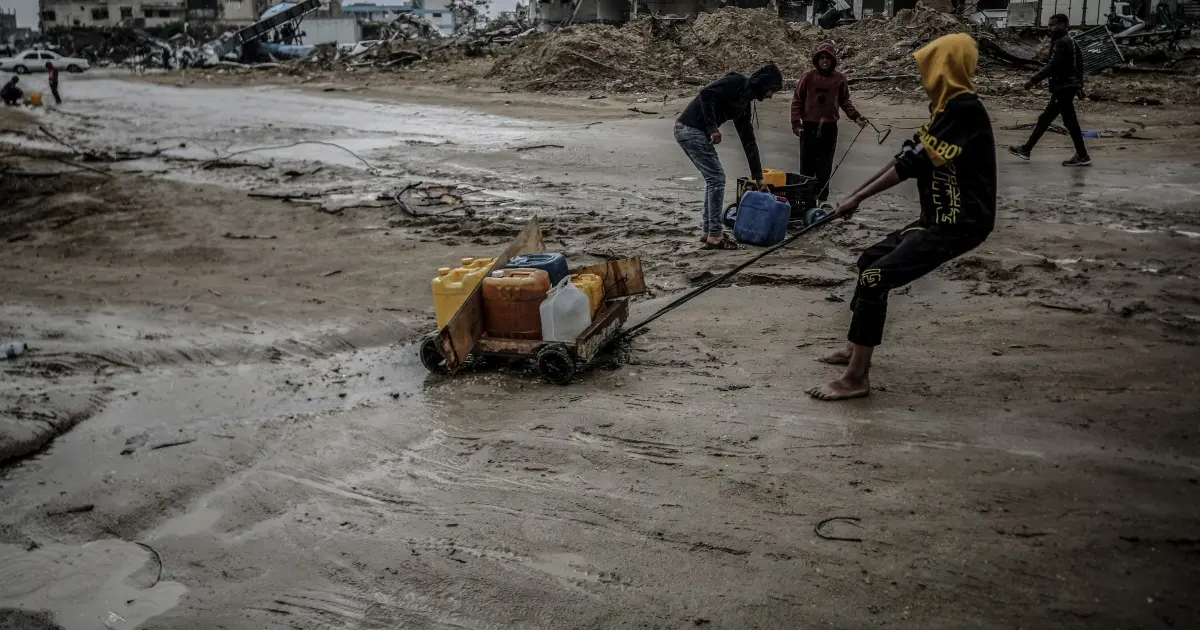

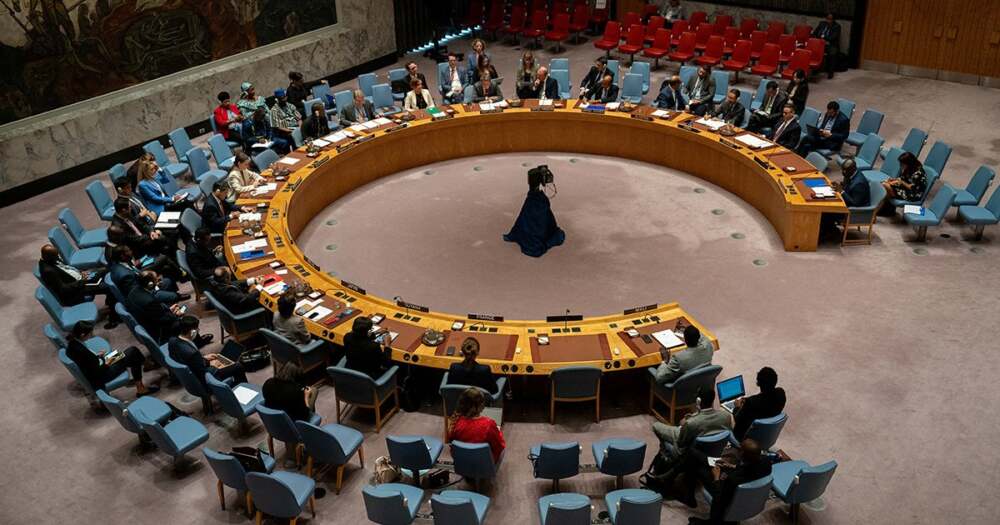
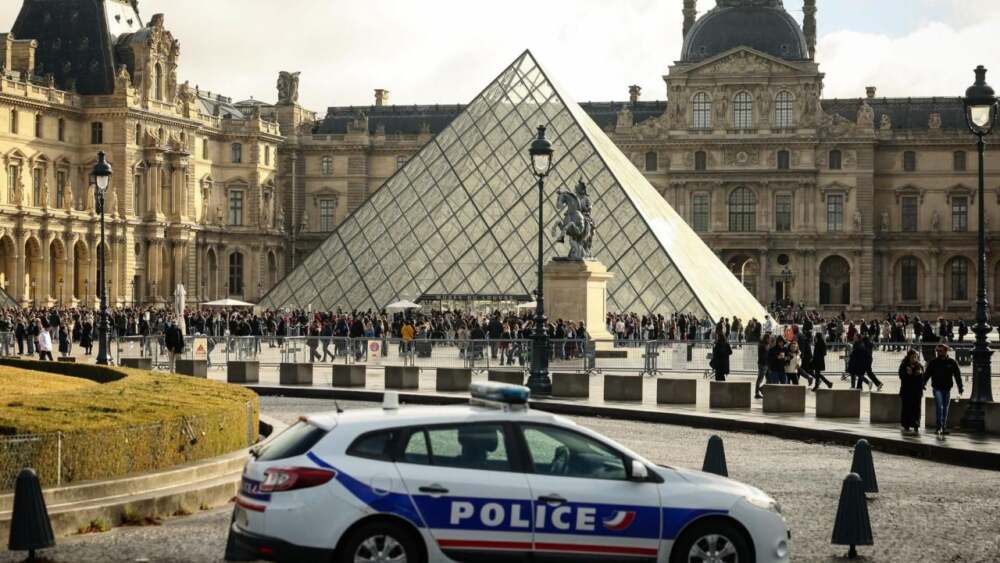
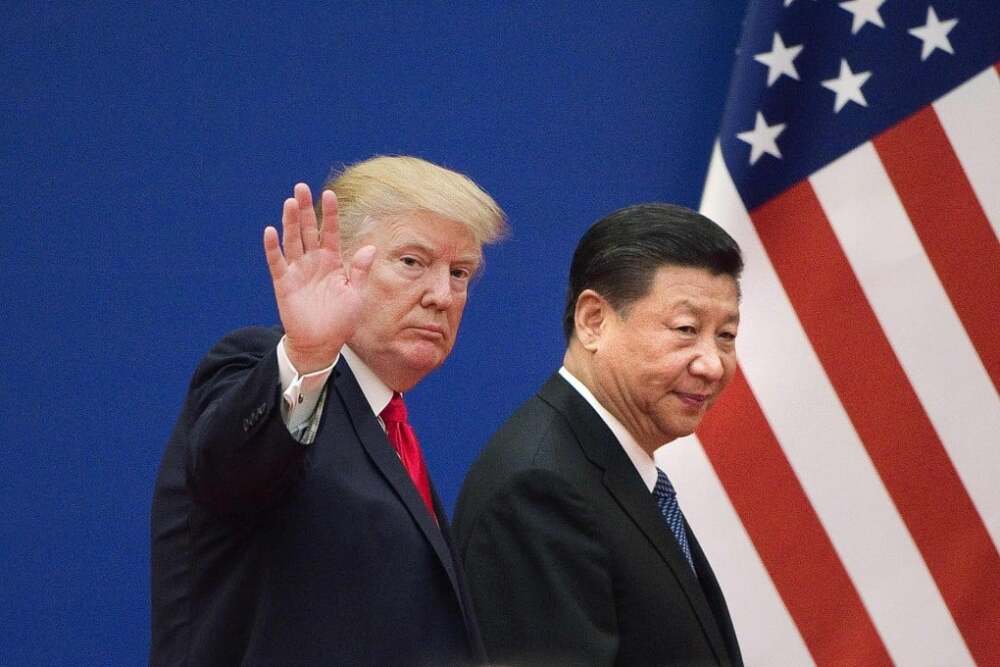
Leave a Reply